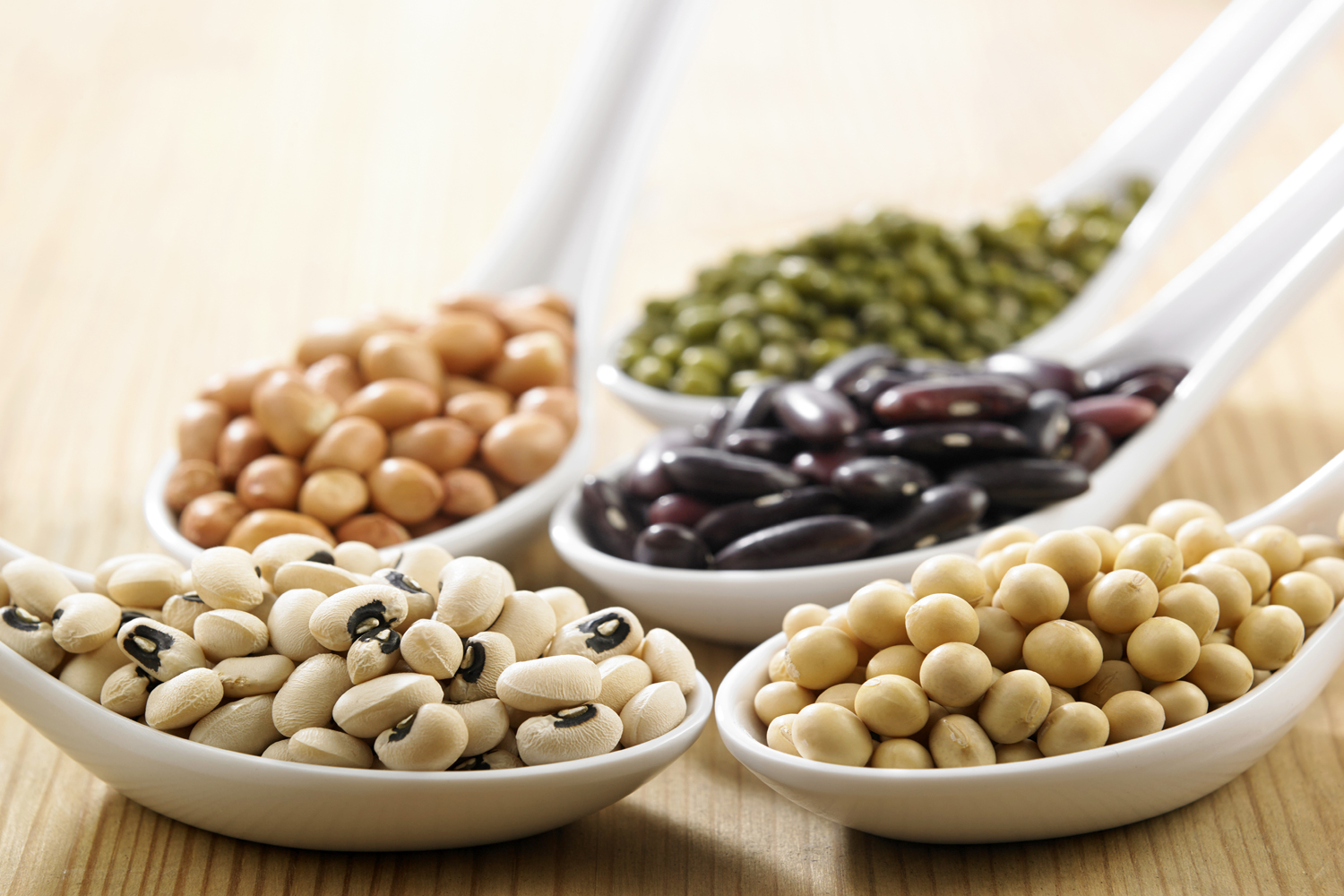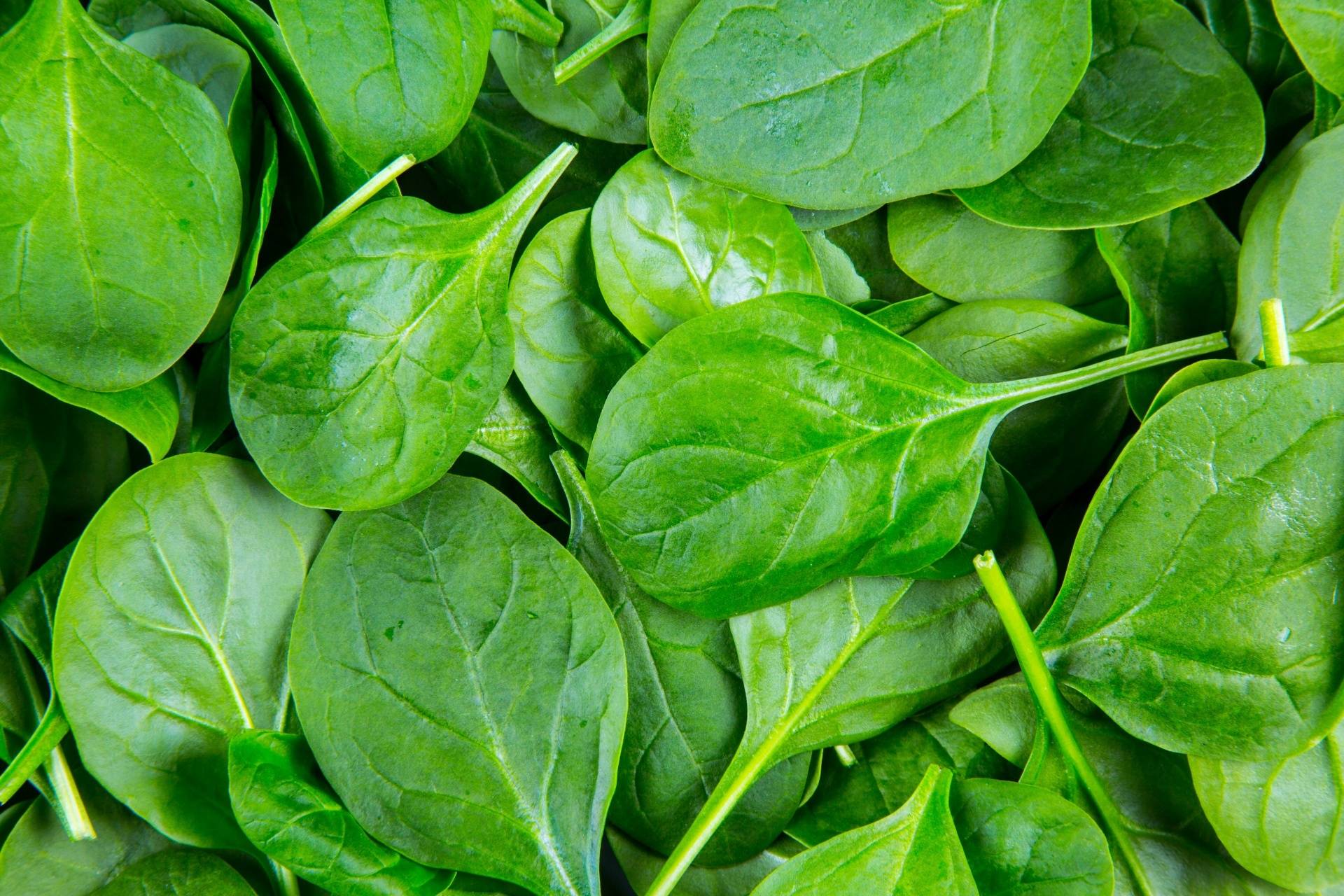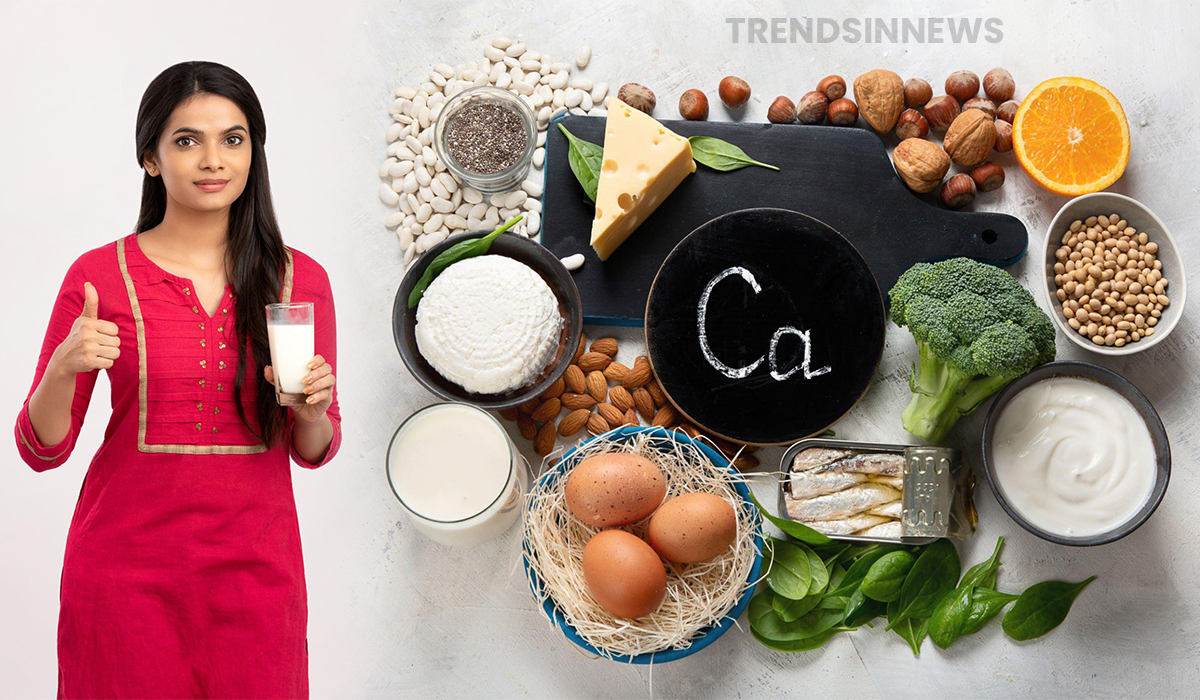Most people know calcium is essential to keep our bones strong. They keep the focus on taking calcium-rich foods. But do you know there are some foods that damage your bone health? They act as calcium suckers from your bone. If you unknowingly consume those foods, they will decrease your bone density and weaken them. It is essential to be careful about those foods and maintain bone health because bone loss begins in your mid-thirties. As you grow older, you need to focus on your diet to avoid the risk of weakening bones, increasing the risk of fractures and conditions like osteoporosis. Our bones provide structure, support and protect our vital organs.
Here is a list of the worst foods that damages your bone health and should be taken in a limited amount. Add more calcium-rich foods and vitamin D into your body to promote stronger bones.
Carbonated Drinks

Source: https://www.pbs.org/
Carbonated drinks, such as soda and fizzy beverages, contain high levels of phosphoric acid, which can lead to calcium loss. Calcium is a crucial mineral for bone health, and excessive consumption of carbonated drinks can interfere with its absorption, weakening bones over time. Additionally, these drinks often replace healthier options, like milk, further depriving the body of essential bone-strengthening nutrients.
Salt
Excessive salt intake through daily meals or processed and packaged snacks can lead to calcium excretion through the urine. High sodium levels in the body can disrupt the delicate balance between calcium absorption and excretion, ultimately weakening bones. Opting for low sodium and eating homemade snacks can help reduce salt intake and preserve bone health.
Caffeine

Source: https://www.cbsnews.com/
While moderate caffeine consumption is generally safe, excessive intake can hinder calcium absorption. Caffeine acts as a diuretic, increasing urinary calcium excretion. Coffee, tea, energy drinks, and some soft drinks are common sources of caffeine. To protect bone health, ii is good to moderate caffeine intake and ensure sufficient calcium consumption.
Alcohol
Heavy alcohol consumption negatively affects bone health. Alcohol hinders the body’s ability to absorb calcium and vitamin D, both essential for strong bones. Chronic alcoholism can lead to osteoporosis and increase the risk of fractures. Limiting alcohol intake and opting for healthier alternatives, such as water or herbal tea, can promote optimal bone health.
Legumes (Beans)

Beans, peas, and a few others, known as legumes, contains magnesium, calcium, fibre, and other nutrients which are good for osteoporosis, but they also contain phytates. Phytates minimise the body’s ability to absorb calcium. So to reduce the phytate level, it is advised to soak beans in water for a few hours and then cook them in fresh water.
Excessive Red Meat
While lean red meat can be a good source of protein and certain minerals, excessive consumption can have negative effects on bone health. Red meat is high in protein, and a diet that is disproportionately high in protein can lead to increased calcium excretion, weakening bones. It’s important to strike a balance and incorporate a variety of protein sources, such as fish, legumes, and tofu, to support bone health.
Sugar
Excessive sugar consumption is linked to several health issues, including weakened bones. Consuming too much sugar increases the excretion of calcium through urine and impairs the absorption of calcium from the digestive system. Sugary treats like cookies, candies, and pastries often lack essential bone-strengthening nutrients and can contribute to bone loss. Choosing natural sweeteners like honey or opting for fresh fruits as a healthier alternative can benefit overall bone health.
Spinach

Some healthy foods like spinach, rhubarb, and beet greens contain high levels of oxalates, which can interfere with calcium absorption. While these foods are packed with beneficial nutrients, excessive consumption may affect calcium availability for bone health. To maintain a well-rounded diet while minimizing the impact of oxalates, it is recommended to balance these foods with calcium-rich sources and not rely solely on them for meeting calcium needs.
Vegetables
Some vegetable like tomatoes, mushrooms, chilli, white potatoes, and others causes bone inflammation which may lead to osteoporosis. However, these foods contain essential vitamins and minerals that are good for our health. So they shouldn’t be avoided totally, but make sure that you consume them in a balanced way.
Conclusion
Proper nutrition helps in maintaining strong and healthy bones. Avoiding the worst foods that damage your bone health and making healthier choices can help reduce the risk of osteoporosis and fractures. Incorporating calcium-rich foods, reducing excessive sodium and sugar intake, moderating caffeine and alcohol consumption, and maintaining a balanced diet is crucial for promoting optimal bone health. By understanding the impact of different foods on our bones, we can make proper choices to support long-term skeletal strength and overall well-being. Remember, investing in bone health today means a healthier and more active future.













